Lebanese troops exchange tear gas, smoke bombs with Israeli forces
Tensions have once again escalated at Lebanese border with the Israeli occupied territories, with the two sides exchanging tear gas and smoke bombs following provocative actions by the occupying regime.
In a statement on Saturday, the Lebanese army said that the regime forces stationed on the outskirts of the Shebaa Farms, which have been under Israeli occupation since 1967, have fired smoke bombs at the Bastra area of southern Lebanon, prompting it to respond to the attacks.
"Elements of the Israeli enemy violated the withdrawal line and fired smoke bombs at a Lebanese army patrol that was accompanying a bulldozer removing an earthen berm erected by the Israeli enemy north of the withdrawal line, the blue line, in the Bastra area," the Lebanese army said.
"The Lebanese patrol responded to the attack by firing tear bombs...forcing them to withdraw to the occupied Palestinian territories."
Andrea Tenenti, the spokesman of the UN Interim Force in Lebanon (UNIFIL) in Lebanon said there has been tension in the border area today, stating that “UNIFIL is in touch with the parties to decrease tensions and prevent a misunderstanding.”
“At the moment we are on the ground, monitoring the situation and trying to bring calm back to the area," he noted.
The latest development comes two months after Israel cut off Lebanon’s strategic border village of Ghajar by erecting a fence, fueling fresh tensions in southern Lebanon.
The Lebanese government has warned that the occupying troops must withdraw immediately and the Lebanese resistance movement Hezbollah has strongly condemned the aggression.
Ghajar, which lies in a strategic corner where the boundaries between Syria, Lebanon and occupied Palestinian territories meet, was occupied by Israel in the 2006 war. Some 2,000 people live there.
Most of the villagers still consider themselves Syrian Shia Muslims, the community of which Syria’s President Bashar al-Assad is part.
In November 2010, the Israeli cabinet approved a plan to withdraw from the northern part of the village. Until this day, however, Israel has not withdrawn from the village.
The former head of the Operations Division of the Israeli occupation army, Reserves Major General Israel Ziv has already warned about the possible "collapse" of the regime's army during any upcoming war with Lebanon, in reaction to the tensions in the northern parts of the divided border village of Ghajar.
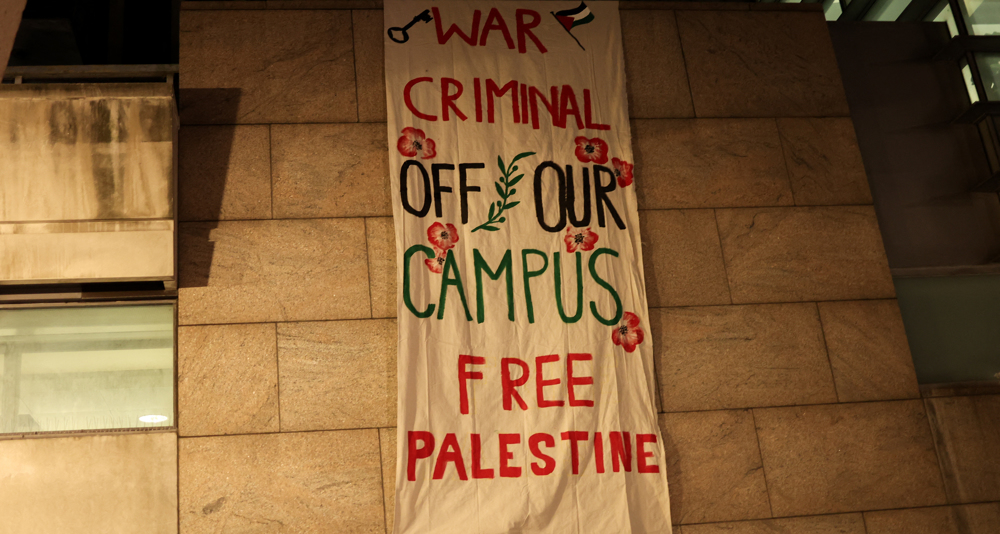
‘New McCarthyism’: Pro-Palestine group denounces US Senate crackdown on Gaza protests
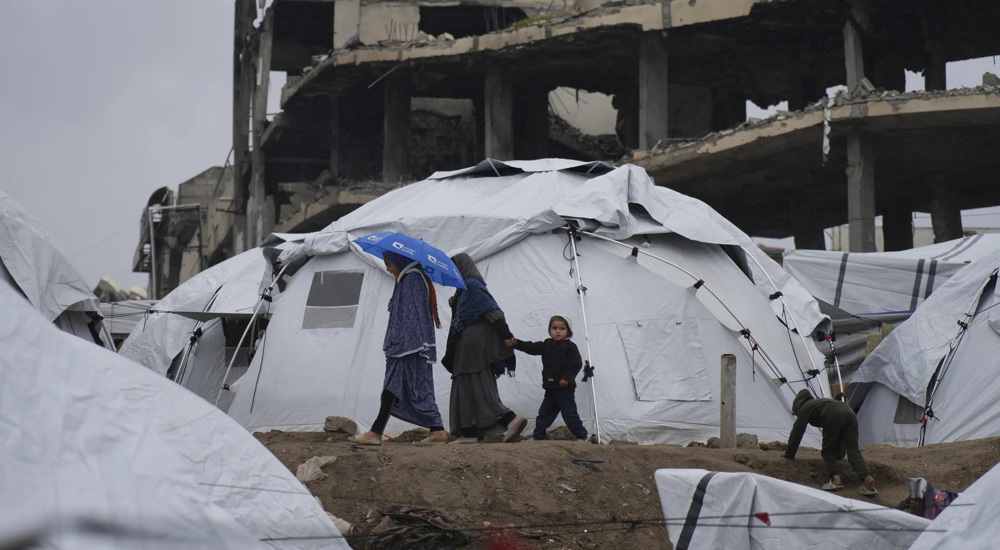
Trump issues death threats to Palestinians in Gaza, Hamas over Israeli captives
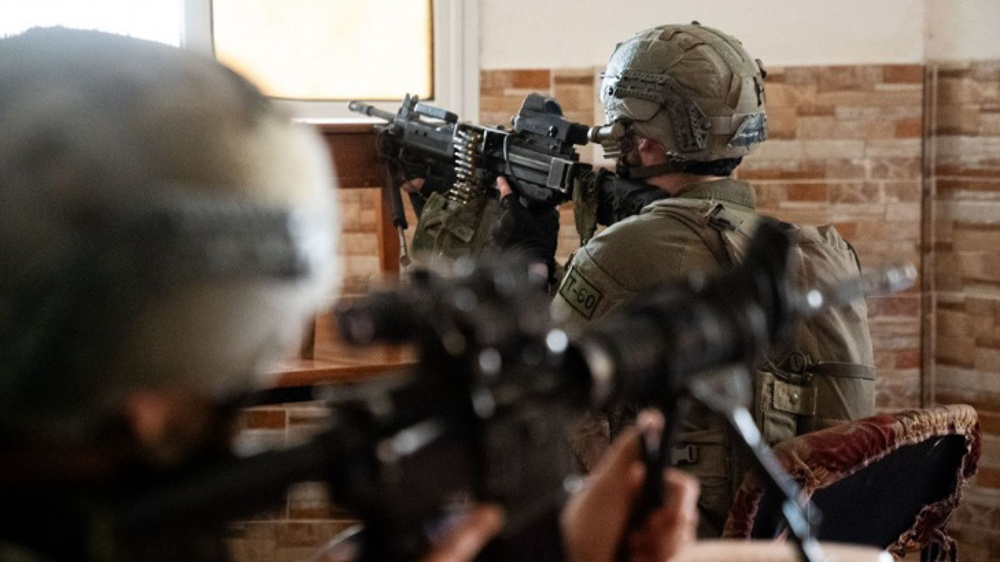
Israeli forces shoot Palestinian child in West Bank’s Nablus as setters raid Ariha village
France proposes extending nuclear umbrella to European partners amid US tension
VIDEO | Multi-faith march on Congress condemns Trump’s treatment of poor
Iran slams Trump’s plan for forced displacement of Gazans as ‘political genocide’
‘New McCarthyism’: Pro-Palestine group denounces US Senate crackdown on Gaza protests
Trump issues death threats to Palestinians in Gaza, Hamas over Israeli captives
Israeli forces shoot Palestinian child in West Bank’s Nablus as setters raid Ariha village
VIDEO | Press TV's news headlines
VIDEO | Yemen says ready to shoot down more US drones


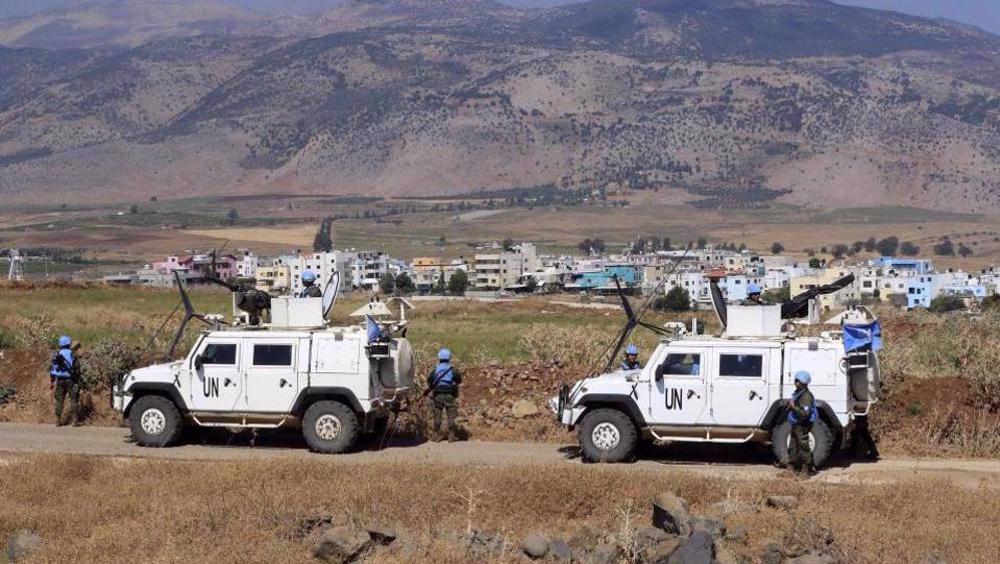
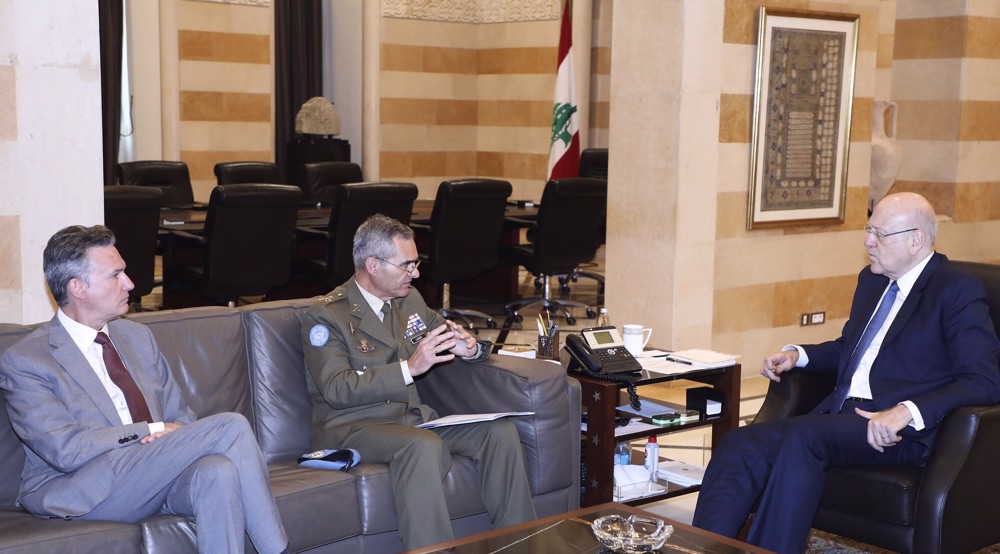
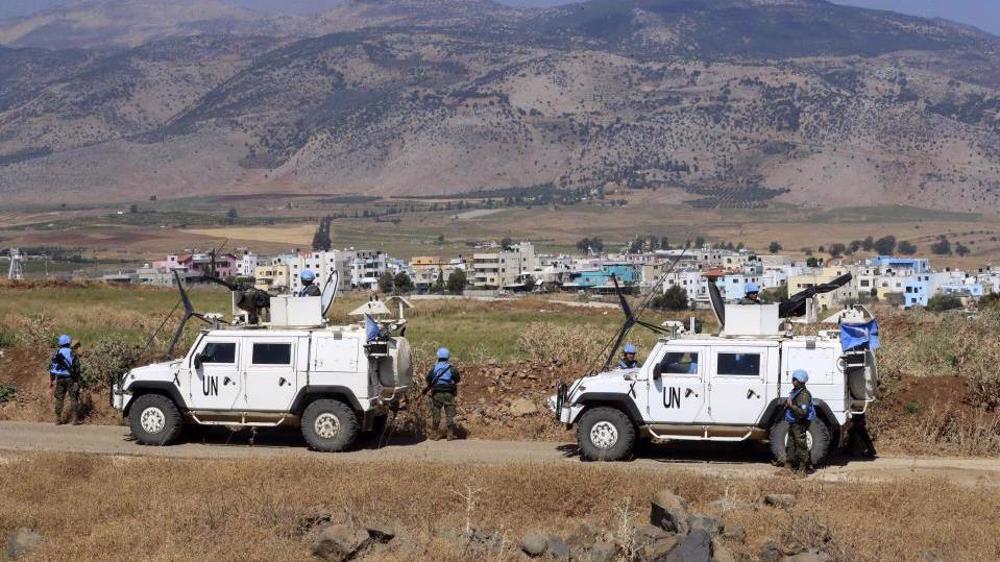



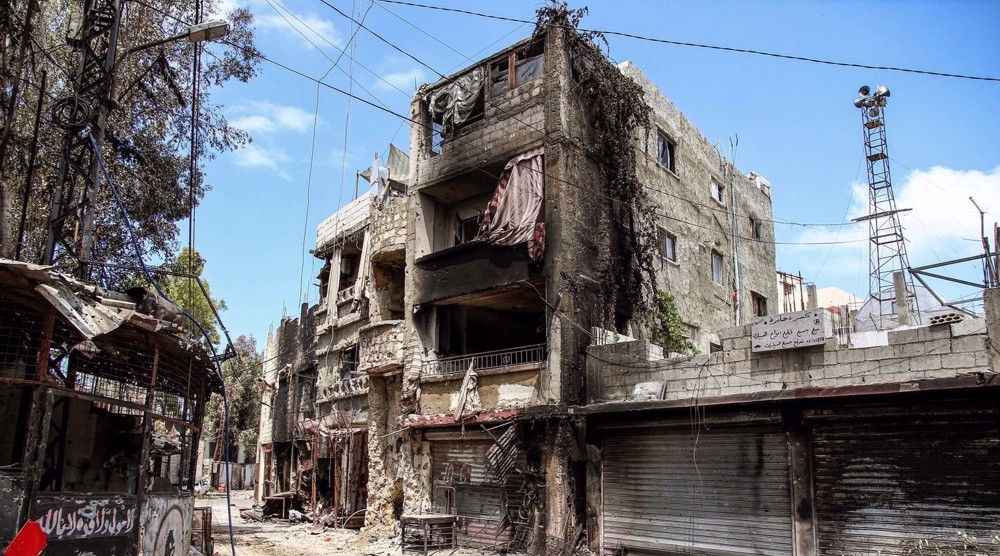
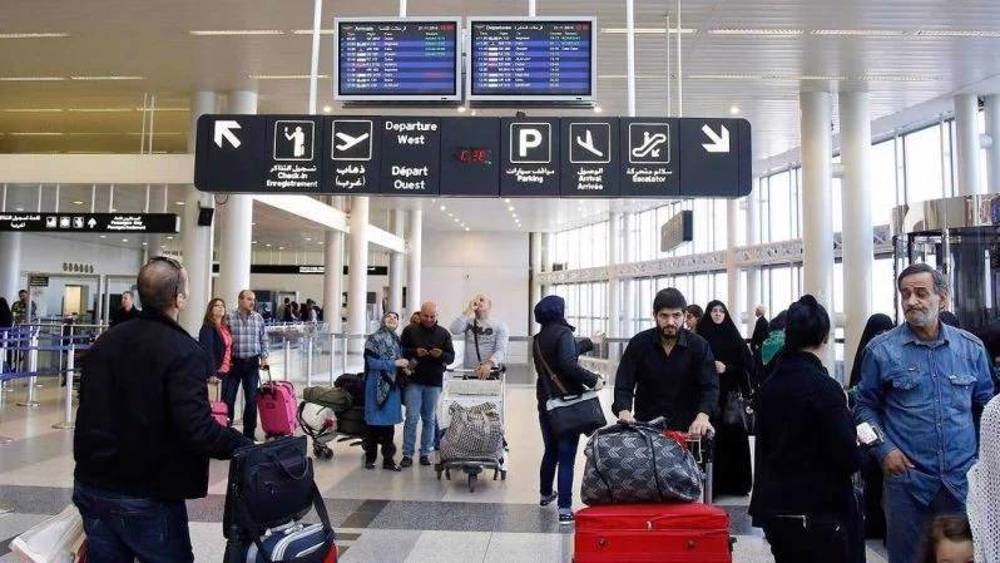
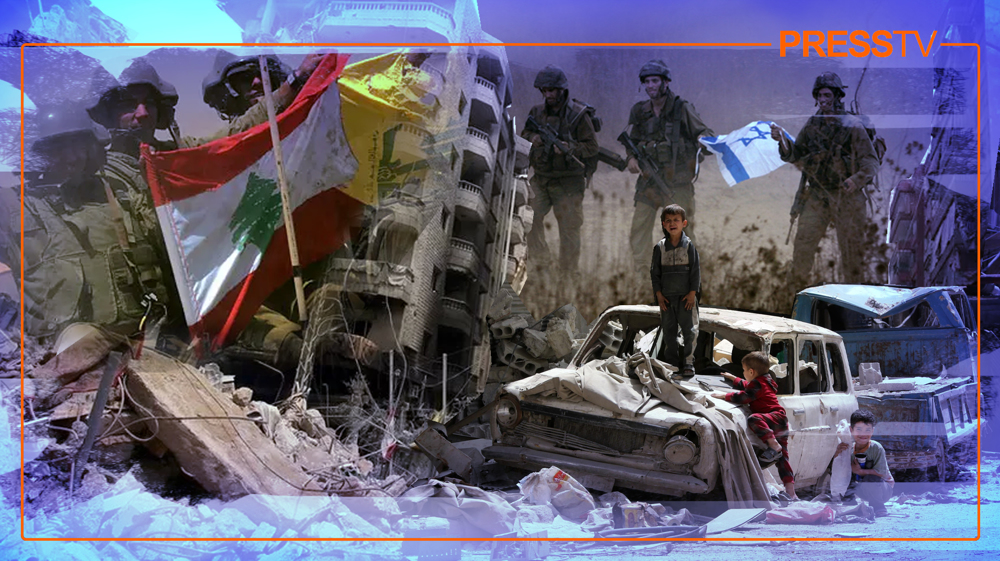
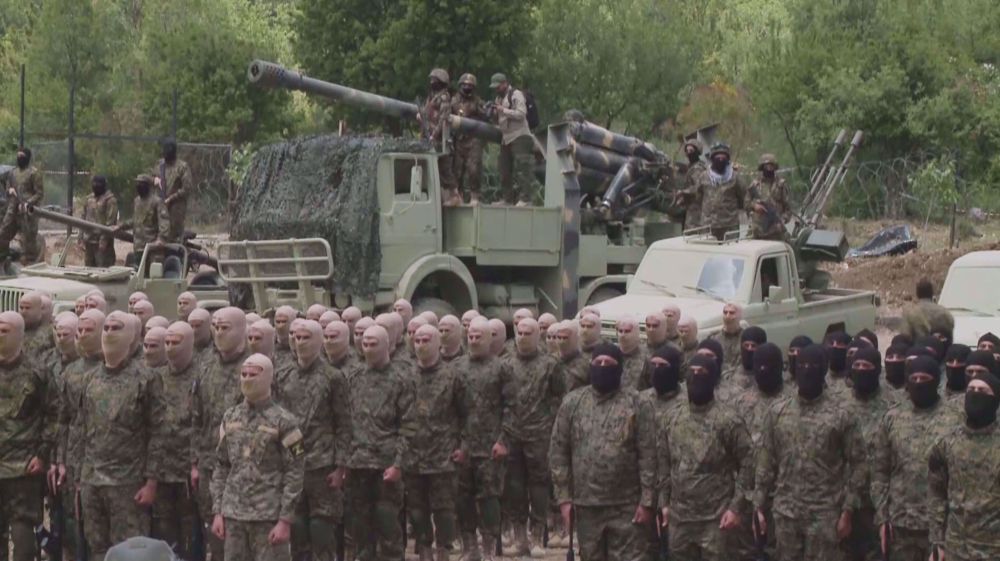
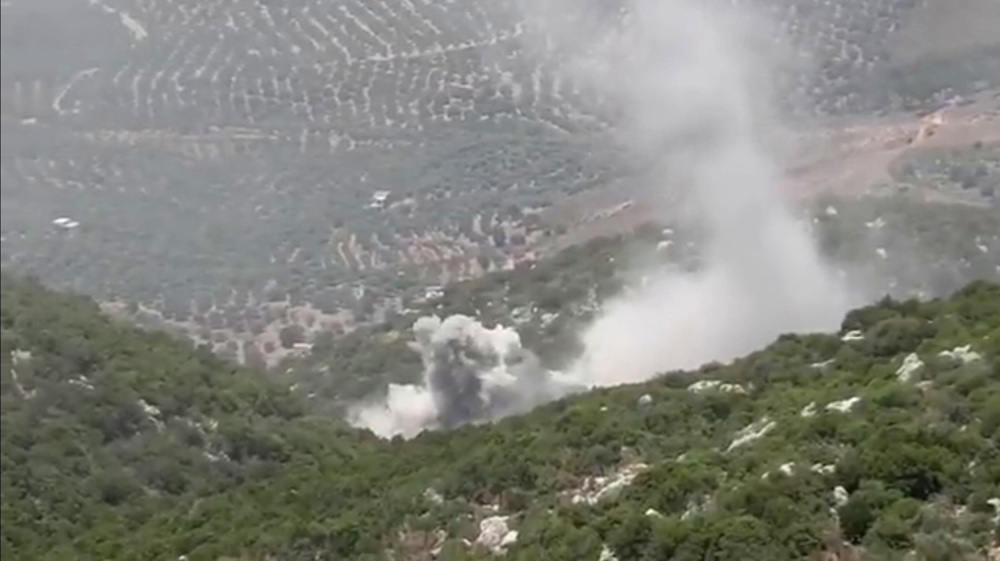

 This makes it easy to access the Press TV website
This makes it easy to access the Press TV website